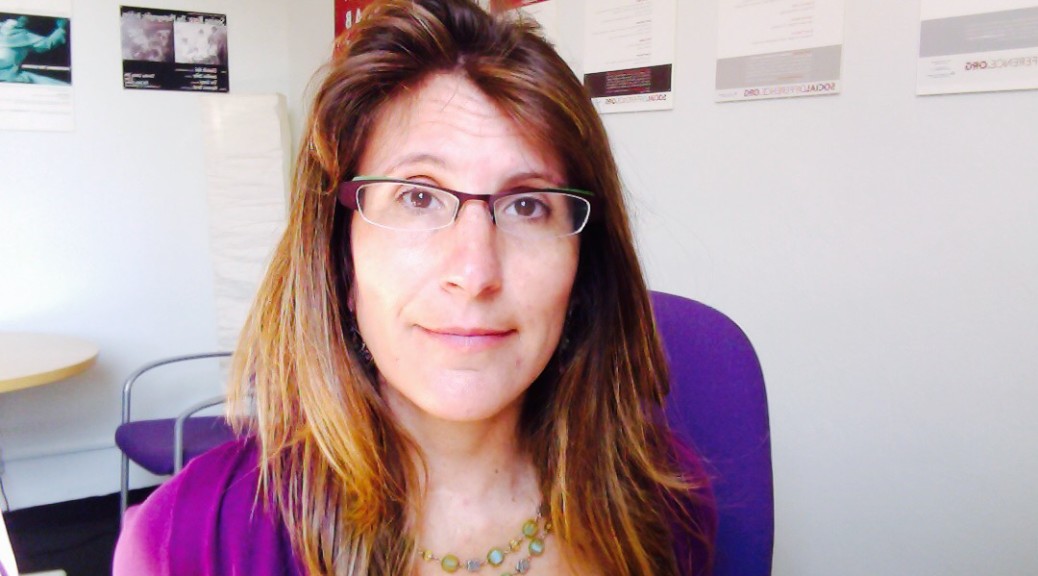LAURA CIOLKOWSKI
Associate Director of IRWGS
Associate Director of the Center for the Study of Social Difference
Adjunct Associate Professor of English and Comparative Literature
I was completely clueless. In fact, I didn’t even know that Columbia had not been coed before I applied. So I had no idea. I knew Barnard existed as a women’s college, but I didn’t apply to Barnard. It wasn’t something that—it just never even occurred to me to apply. So I think I was, not unusually, one of many clueless women in that class. We just kind of assumed this was always the way. A lot of us, this was just the way it was and it was only once we got here that I think we all learned that this was a really new thing.
I think that the college itself was kind of scrambling to change the culture of Columbia in order to accommodate what was really a pretty big change. So a lot of the discussions, for example, around the Core [Curriculum] really heated up with a focus on gender, in particular. Gender then, not gender and sexuality. It was a real focus on women. So that was one of the things that really stood out from the years that I was here, that that was sort of a thing that was being talked about…If you had any interest in feminist anything, you’d find that either at Barnard or almost nowhere. So that was really the culture of it…It was more of a culture that we were coming into that was not fully prepared for coeducation quite yet. That, I would say, was almost—it was a combination of social, but also academic. So like I said, the ways in which the conversation kind of heated up around the Core Curriculum in those years—I got here in 1984. So it was ‘84 to ‘88 that I was here. Everybody was talking about the canon, and the Core, and all these fights over inclusion of women, in particular. Books authored by women, that was what people were talking about. It was prompted—a lot of it, at least on the level of student conversation, was the fact that now there were all these women in the Core classes. So there was conversation that way, but other than that, no. I certainly didn’t feel like there wasn’t a place for me.
I found that the interest that I had, which kind of preceded college, in feminist issues, I was able to find a way to explore those. I came here wanting to engage with “the tradition.” So that was part of my attraction to the college, but particularly in a way that felt, to me, an invitation to wrestle with ideas. I never felt that I couldn’t explore other things. There were very few course offerings at Columbia in anything gender related at the time. I think I took every single one of those courses. There were very few. If you really wanted to do anything women studies related, you really had to go to Barnard, but that’s what you did. So you just kind of found your way that way.

